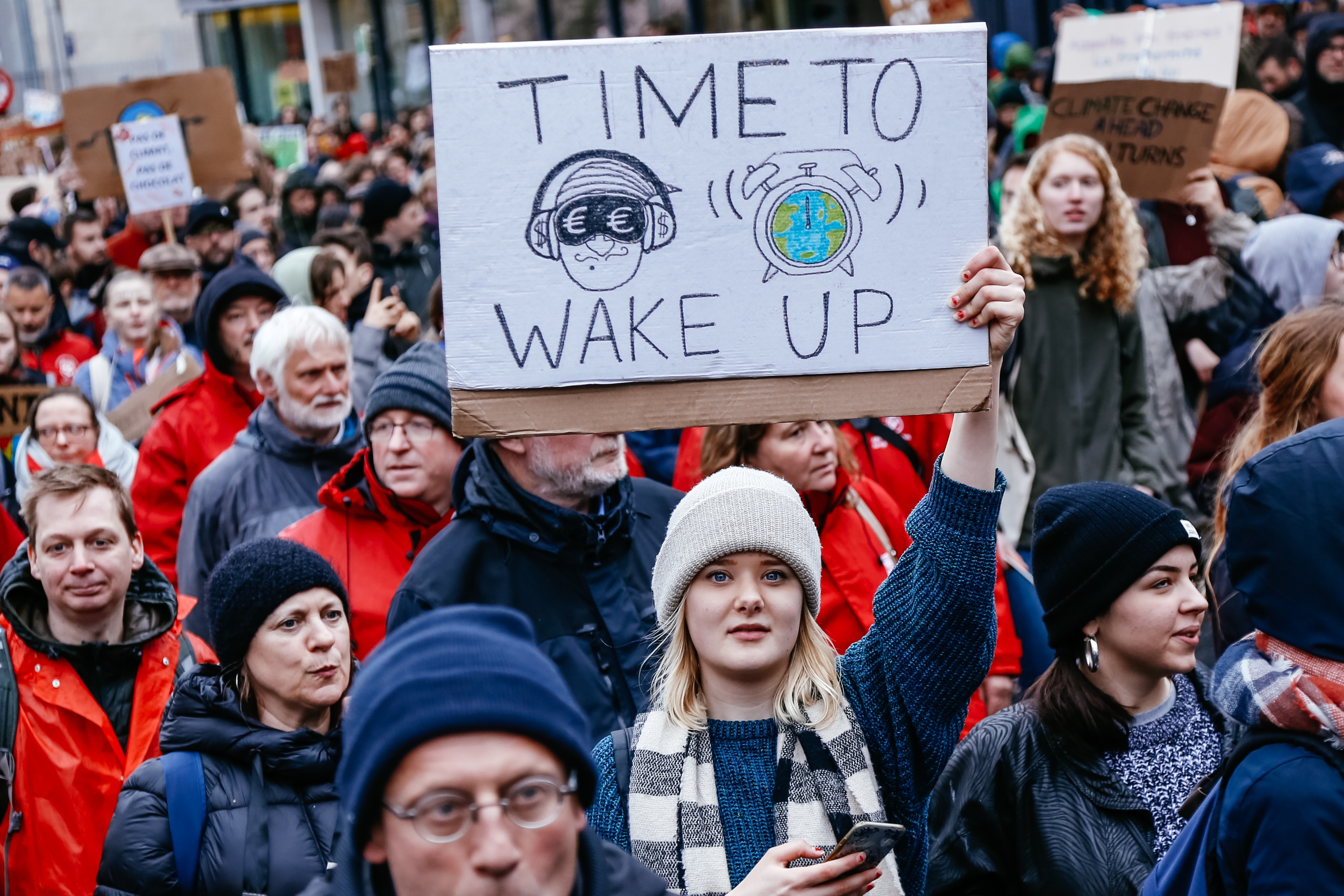The crisis facing our 'Planet's Lungs'
- By Earl Bousquet
 0 Comment(s)
0 Comment(s) Print
Print E-mail China.org.cn, July 14, 2019
E-mail China.org.cn, July 14, 2019

Global concern is rising while hopes are fading over the survival of the Amazon rainforest, which helps regulate world temperatures and is a vital source of the oxygen essential to reduce global warming.
The Amazon is the planet's largest rainforest, covering 2.124 million square miles, which spans territories across Bolivia, Brazil, Colombia, Ecuador, Guyana, French Guiana, Peru, Suriname and Venezuela.
Considered by scientists as the "Planet's Lungs," it produces 20% of the oxygen in the earth's atmosphere. However, since 1970 it has lost an alarming 20% of its total area to deforestation – this constitutes an area larger than the entire nation of France.
The Amazon's biggest loss was in 1995, when over 29,000 square kilometers were deforested. The rate of destruction had then been decreasing, reaching its lowest level in 2012. After that, the rate of deforestation started to increase again.
Since the current Brazilian President Jair Bolsonaro took office on January 1, 2019, the global environmental lobby has been issuing repeated emergency signals about potentially grave dangers to the Amazon's future as a result of the policies of a president elected on a clear anti-environment and anti-indigenous ticket.
Bolsonaro promised (during his election campaign) to "exploit the economic potential of the Amazon" to help propel Brazil's overall development.
His administration has thus opened the way for the powerful and now more emboldened farming, logging and mining companies. These are the same companies that supported his campaign so as to accelerate their cattle ranching, soya bean farming and mining activities in the rainforest, as well as their construction of new highways and hydro-power dams.

Brazil's right-wing president is now being accused of facilitating the relaxation of controls on deforestation, lessening governmental oversight, dismantling environmental governance and neutralizing regulatory bodies. Critics are now accusing him of being "a threat to climate equilibrium."
Related national bodies have also warned that the current recorded accelerated rate of deforestation is unacceptable. They predict long-term economic and ecological losses, which will happen sooner rather than later, should the current rate of deforestation be allowed to continue.
The Amazon has been shrinking for much of the past hundred years although there were signs of some recovery at the beginning of this century. However, since January this year, the deforestation rate has accelerated by over 60%, from approximately 488 square kilometers in June 2018 to more than 769 square kilometers in 2019.
Amazon deforestation levels today are quite shocking. Every minute, it loses an area equivalent to one-and-a-half football fields.
The issue here is Brazil's need for economic development on the one hand, and the equal need for the protection of the Amazon rainforest on the other. Two-thirds of the forest may be in Brazil, but the entire forest is part of humanity's continued inheritance and responsibility.
In such matters, opposing sides always need to seek and find common ground. However, in most cases, each regrettably tends to maintain their unrelenting positions.
The big question is, as always: Is there an absolute conflict between economic development and environmental protection? The answer is no, as there are countless examples everywhere, past and present, of opposing sides finding common ground – if only they take the time to discuss the issues and find a compromise.
Science and technology today have produced worthy projects in many countries where environmentalists and developers have married their visions and goals around win-win projects that both protect the environment and allow for sustainable forms of local and national economic development.
It is also both possible and necessary to balance social development and environmental protection, especially in cases where the areas of conflict involve populations that will be affected, but who are not involved in planning.
In the case of the Amazon, any mistake will be too costly, not only for Brazil, but for the entire planet.

The future of the Earth must always be the primary consideration for activists, developers and governments in cases of conflict involving the environment and development. All parties must learn from the past to better understand how to turn today's challenges into opportunities that will live beyond tomorrow.
We've witnessed the global catastrophes in the past quarter-century that still haunt humankind: from the chilling effects of the El Nino phenomenon in the Americas and the increasingly more violent global weather patterns (tsunamis, typhoons, tornados, hurricanes, earthquakes and volcano eruptions) to global warming and rising sea levels.
Antagonists and protagonists must never forget that the very future of the entire planet and all who inhabit it – including all plant and animal species – depends entirely on how humankind treats it.
Earl Bousquet is editor-at-large of The Diplomatic Courier and author of an online regional newspaper column entitled Chronicles of a Chronic Caribbean Chronicler.
Opinion articles reflect the views of their authors only, not necessarily those of China.org.cn.
If you would like to contribute, please contact us at opinion@china.org.cn.






Go to Forum >>0 Comment(s)